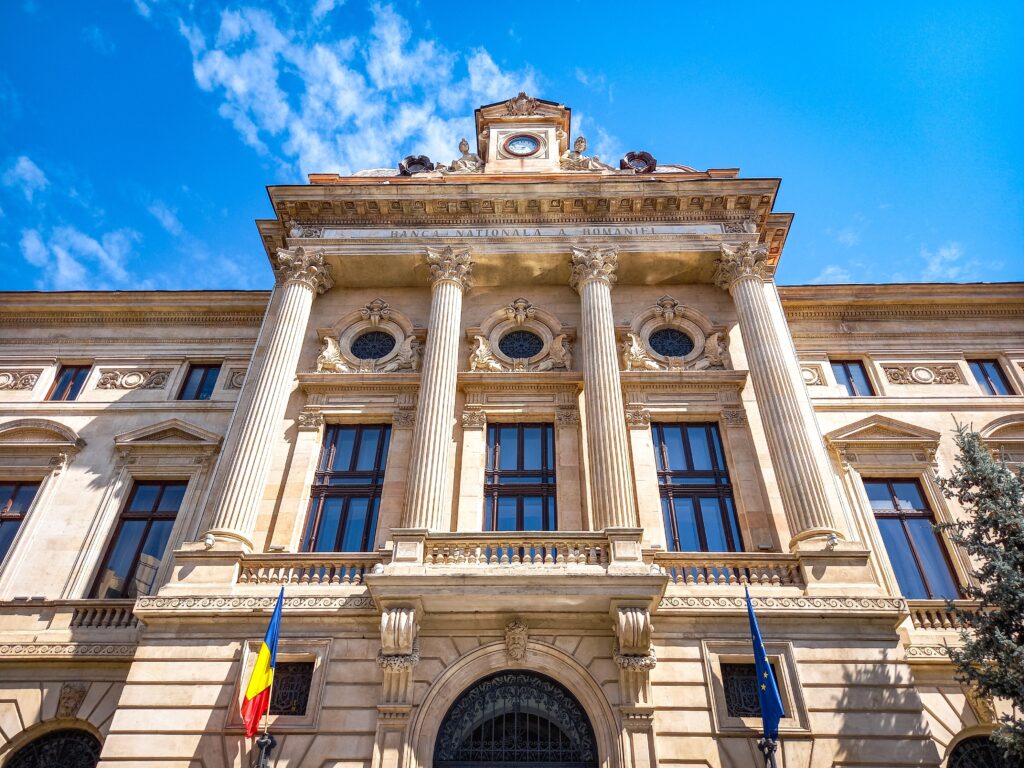Romania’s constitutional court has annulled the first round of its presidential election, citing evidence of foreign interference. The ruling came after declassified intelligence revealed an alleged Russian campaign to promote far-right candidate Călin Georgescu through social media.
This landmark decision invalidates the election results, requiring the government to set a new date and establish a fresh electoral process.
Alleged Russian Meddling in Romania’s Election
The annulment followed revelations from President Klaus Iohannis, who declassified intelligence indicating “aggressive hybrid Russian attacks” during the election. The report highlighted Moscow’s alleged use of coordinated social media accounts, paid promotions, and algorithms on platforms like TikTok and Telegram to bolster Georgescu’s candidacy.
Despite being a political outsider with no declared campaign spending, Georgescu secured a shocking lead in the first round on November 24. His unexpected success rattled Romania, a NATO and EU member bordering Ukraine.
Georgescu had been set to compete against pro-European reformist Elena Lasconi of the Save Romania Union party in a runoff election. However, the constitutional court’s decision canceled the runoff, which was originally scheduled for Sunday. Voting had already begun in polling stations abroad.
The election interference allegations intensified concerns over Romania’s vulnerability to disinformation. TikTok denied giving Georgescu preferential treatment, while Moscow dismissed claims of involvement.
Political and Public Reactions
Prime Minister Marcel Ciolacu praised the court’s decision, calling it the only just response to the uncovered interference. He emphasized the need to protect the integrity of Romania’s democratic process.
Elena Lasconi, however, condemned the ruling as “illegal and amoral,” arguing it undermined democracy and the fundamental right to vote.
Public response was swift, with thousands gathering in Bucharest on Thursday to rally for democracy. Protesters, including Romanian musicians, actors, and civic leaders, urged citizens to maintain the country’s pro-European stance. Chanting slogans like “Europe!” and “No Fascism,” demonstrators carried banners reading “Democracy is in danger” and “Our children will be free.”
Far-Right Surge and Geopolitical Implications
Georgescu’s rise reflects broader shifts in Romania’s political landscape. Far-right parties gained ground in last week’s parliamentary elections, although the pro-EU Social Democrats remained the largest faction and are likely to form a coalition government.
An admirer of Vladimir Putin, Georgescu has called for ending Romanian support for Ukraine amid Russia’s invasion. His potential victory had raised fears of Romania joining other EU nations like Hungary and Slovakia, where far-right, pro-Russian politicians have gained influence.
An AtlasIntel poll conducted after the interference allegations showed Lasconi leading Georgescu narrowly, 48.6% to 46.4%. Despite his initial underdog status, Georgescu’s unexpected success highlighted growing voter discontent fueled by inflation and concerns over the Ukraine war.
The Road Ahead
Although the Romanian presidency is largely ceremonial, the role carries significant moral influence and authority over foreign policy. The president also appoints the prime minister, a critical role given the country’s newly fragmented parliament.
Prosecutors have opened a criminal investigation into Georgescu for alleged money laundering, further complicating his political future.
Romania now faces the challenge of re-establishing trust in its democratic system while reaffirming its commitment to EU and NATO values. The annulment marks a critical moment for a nation grappling with foreign interference and internal political shifts.
